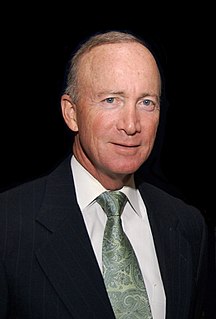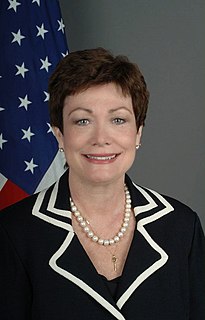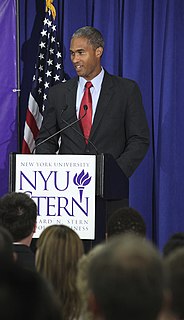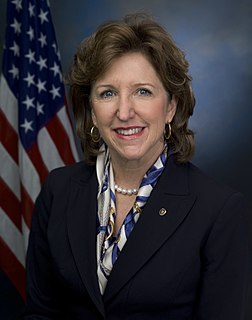A Quote by Ralph Norman
Business creates jobs; government does not. Government creates a whole slew of jobs each time a new program or scheme is implemented, but always at the expense of the taxpayer. Small businesses invest in new businesses, which results in more jobs.
Related Quotes
Since the government creates no wealth, it can only transfer the wealth required to hire people. Even if the government creates a million jobs, that is not a net increase in jobs, when the money that pays for those jobs is taken from the private sector, which loses that much ability to create private jobs.
Government investment unlocks a huge amount of private sector activity, but the basic research that we put into IT work that led to the Internet and lots of great companies and jobs, the basic work we put into the health care sector, where it's over $30 billion a year in R&D that led the biotech and pharma jobs. And it creates jobs and it creates new technologies that will be productized. But the government has to prime the pump here. The basic ideas, as in those other industries, start with government investment.
When the government takes more money out of the pockets of middle class Americans, entrepreneurs, and businesses, it lessens the available cash flow for people to spend on goods and services, less money to start businesses, and less money for businesses to expand - i.e. creating new jobs and hiring people.

































